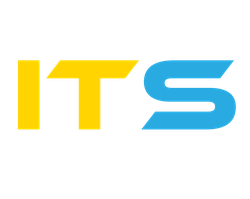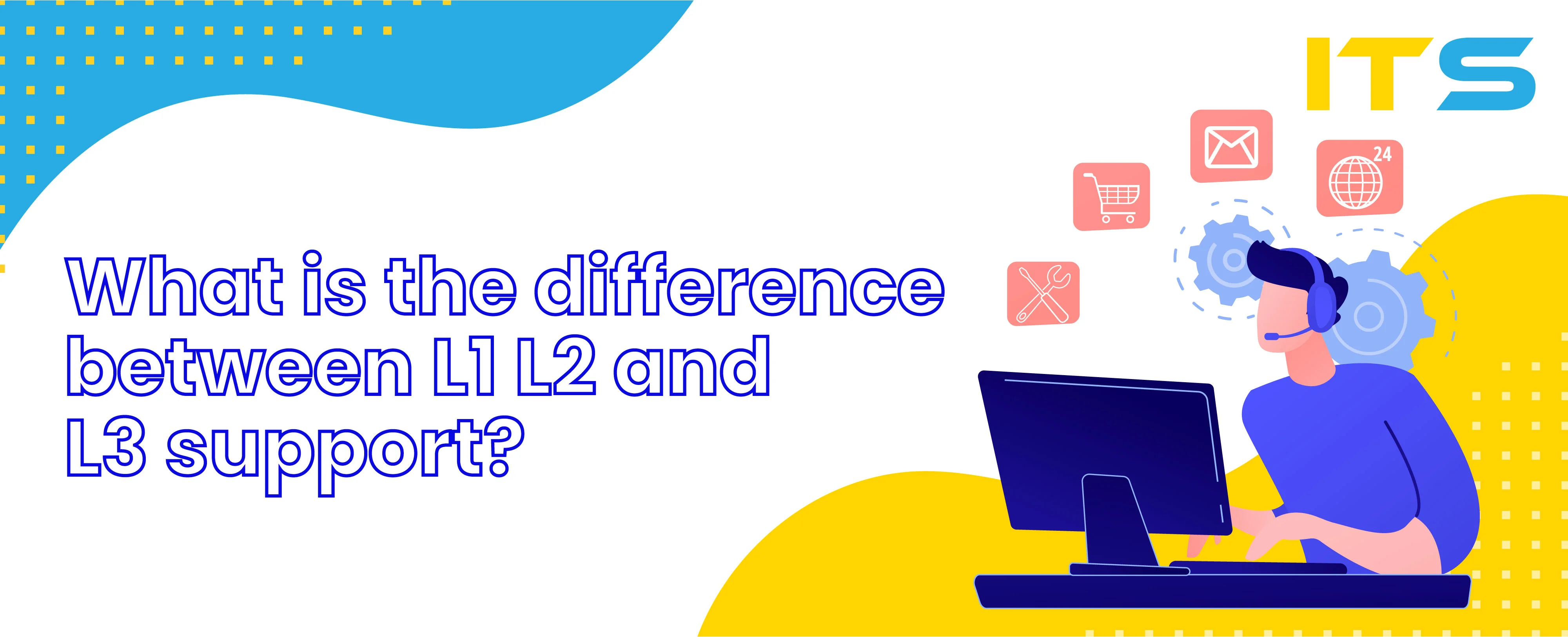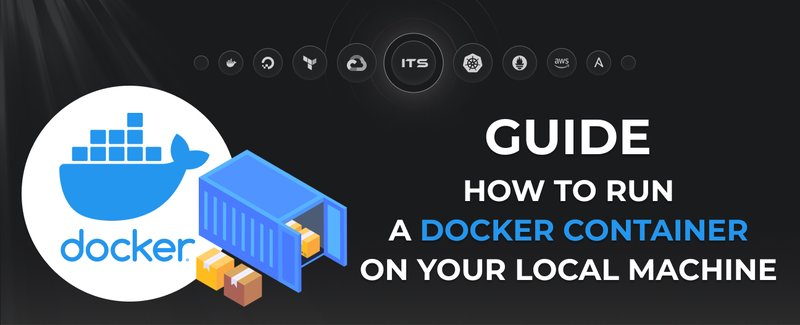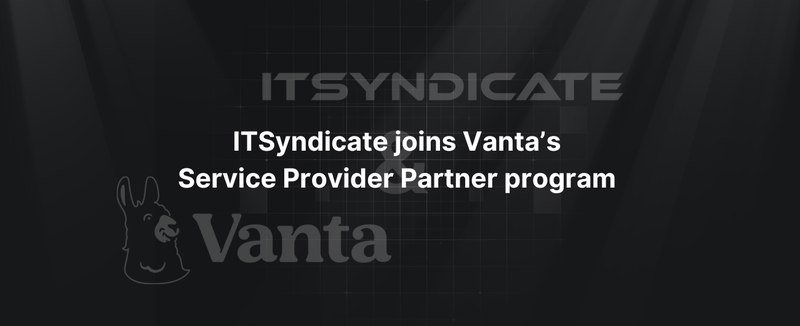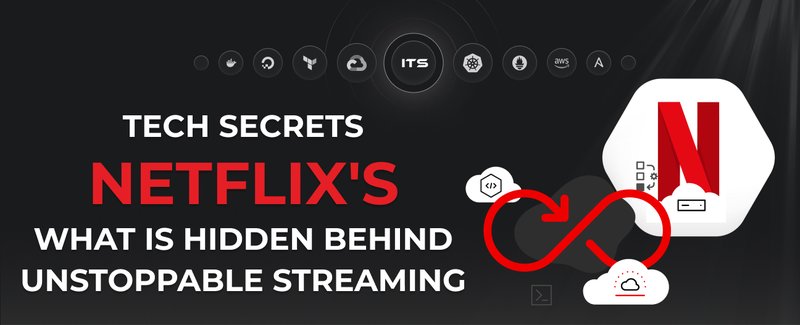In this blog post, we want to tell you what L1 L2, and L3 technical support is. Also, we would like to tell you how this process works in our company and how we use our internal resources.
So, you don’t know about L1 L2 L3 support positions? So what is the technical level of knowledge for each level? Below, we will tell you about L1 L2 L3 responsibilities in networking, system administration, and support services overall.
L1 Support
What is L1 and what can you expect from it?
This support is called - first-line support. The main channel of interaction with the client for them is chatting, telephone and e-mail. Most often, technical knowledge of L1 tech is limited compared to L2 or L3 tech. Usually, the L1 support team deals with problems that can be solved by the client itself using the control panel (cPanel, DirectAdmin, Plesk, etc). If you need to use the command line to solve a problem, have technical skills, and deeply understand the problem of the client, usually, they will escalate these cases to L2 L3 tech, depending on the type and complexity of the problem. Also, L1 techs will be answering your pre-sale support emails and support chats.
L2 Support
What is L2 and what functions does it perform?
L2 techs have more technical skills and experience than L1 techs. They can perform most of your technical tasks. Since these tasks are more complex, L2 support engineers may need access to the server on the back panel (RDP, SSH, etc). They can also solve your technical issues and can fix most server problems without having to open tickets. Besides that, they can also prevent these problems from appearing in the future. If there are problems that L2 can’t solve and deeper investigation is needed, then they usually escalate the task to the L3 engineer. According to statistics, most of the tasks are performed by L2 engineers, so this is our main resource.
L3 Support
What is L3 and what duties does this level have?
L3 engineers are masters of system administration with many years of technical experience, also called DevOps engineers. They can fix almost all the problems on the server side that require high skill and knowledge in addition to this, they don’t only have support skills, but also are capable in setting up the infrastructure from scratch. Summing up, all high-level tasks that L1 L2 can’t cope with, are escalated to the L3 engineer. And after a deep investigation of the problem, an L3 engineer is able to evaluate the task and execute it.
[havequestion]
How does it work in ITsyndicate?
Our staff is exclusively L2 L3 engineers. This allows you to get highly qualified support from the first minutes of creating your request.
Our clients have the opportunity to create a task, ask a question, or make a request at any time of the day and they can be sure that they will get a response from highly qualified specialists in a short time.
We do not have L1 support engineers - we train and put such skills in our account and sales managers! This allows you to receive answers to your questions at the pre-sale level or during long-term collaboration. Our clients can receive free advice from our managers, it helps them to save their money and resolve their issues even faster.
Docker commands and Dockerfile usage for running containers on a local machine
Docker commands and Dockerfile usage for running containers on a local machine
Netflix tech stack for powering streaming backend and cloud solutions
